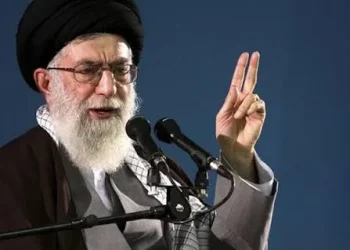*Says he will cut tax, remove electricity sector from exclusive list, sell refineries, among other economic priorities
Presidential candidate of the Peoples Democratic Party (PDP), Atiku Abubakar, has proposed a number of measures, including tax waivers, to stimulate growth in Nigeria’s economy.
Atiku made the disclosures during a meeting with leaders of the private sector at the Lagos Chamber of Commerce and Industry on Tuesday, September 13.
The former Vice President, who says the private sector is key to any government’s development agenda, promised to extend a warm handshake to it if elected President. And by doing so, he says Nigeria’s GDP can be doubled by 2030 through the reduction of government’s influence and the promotion of private-sector-led development.
He says he would be willing to give tax concessions for sectors of the economy that create jobs, or invest in critical sectors, like building a railing from Akwa Ibom to Maiduguri.
On exchange rate, Atiku says under his watch, while the Central Bank of Nigeria (CBN) will be allowed the independence to pursue its mandate of regulation, such must not be at the expense of encouraging capital inflows.
On electricity, the former Vice President says an emergency will be declared in the sector.
Atiku said he would propose legislation for the removal of the entire electricity value chain from the exclusive list and give states the power to generate, transmit and distribute electricity for themselves.
“One lesson we have learnt is that an industrial dispute with the FG in Abuja should not affect an industry in Lagos or factory in Aba or in Kano or even an average Nigerian who just wants to get home, watch the news and sleep under a ceiling fan.”
Atiku says he will reduce poverty by creating an economic stimulus fund within the first 100 days in office of about $10 billion to support MSMEs across all the economic sectors because they offer the greatest economic opportunities to achieve economic growth.
The PDP presidential candidate says if elected, his government would stop supporting ailing state-owned enterprises. He envisages that in the medium term, recurrent expenditures should not exceed 45% of the budget.
He says fuel subsidy will go and the money plowed into the critical sectors of education and health.
In his remark, LCCI president, Dr Michael Olawale-Cole said while the chamber is non-partisan, it is however interested in the economic agenda of the candidates and their plans to make a better Nigeria in the next dispensation.
He says: “The chamber is aware of the overshadowing effect of politics over economics in managing the Nigerian economy and would therefore wish to contribute to the setting of a new economic order that can take our economy from the doldrums. New policy directions, institutional reforms, and sound governance are critical to creating a new economic order in nigeria. This is why we are gathered here today!!”







